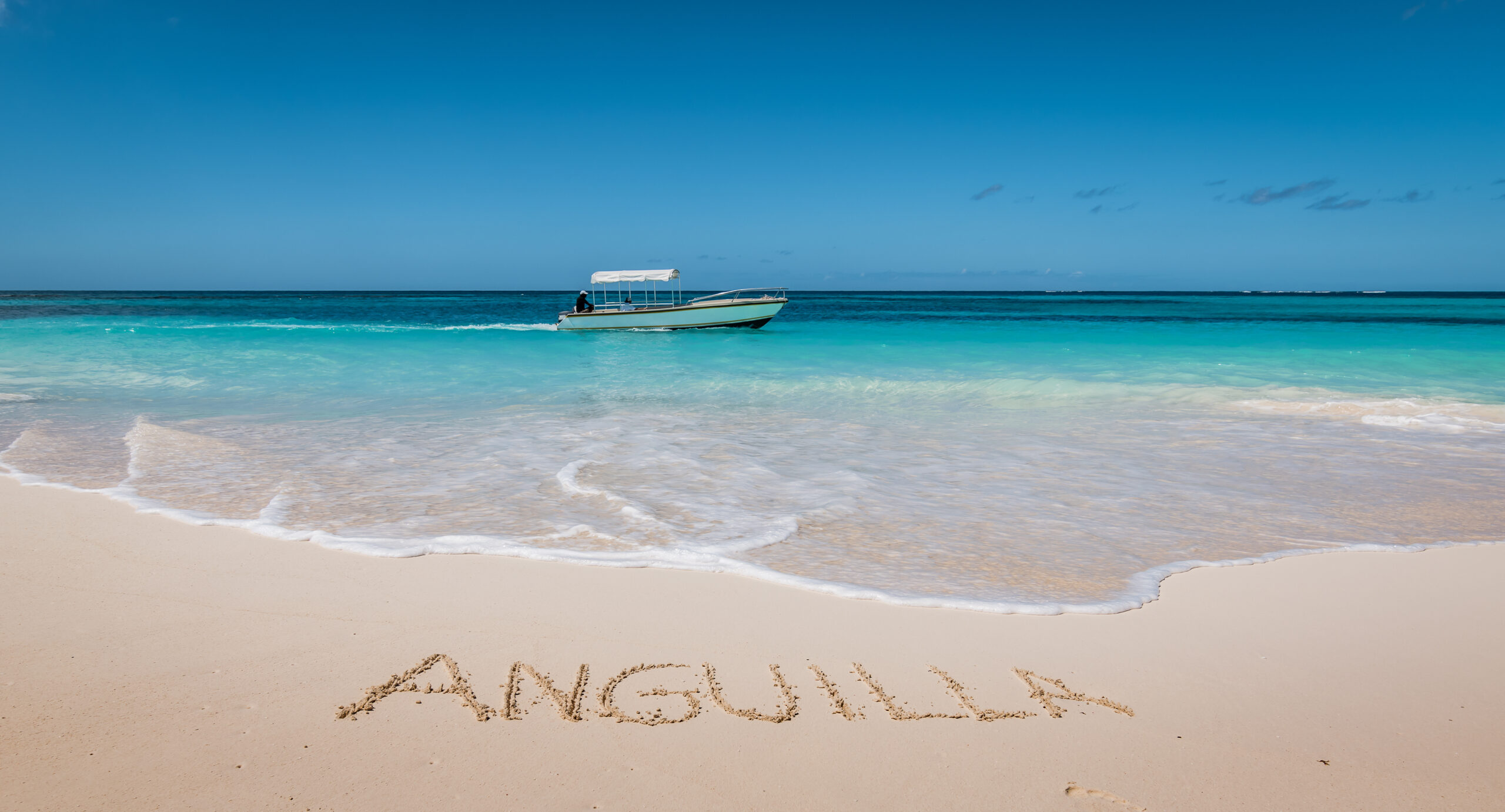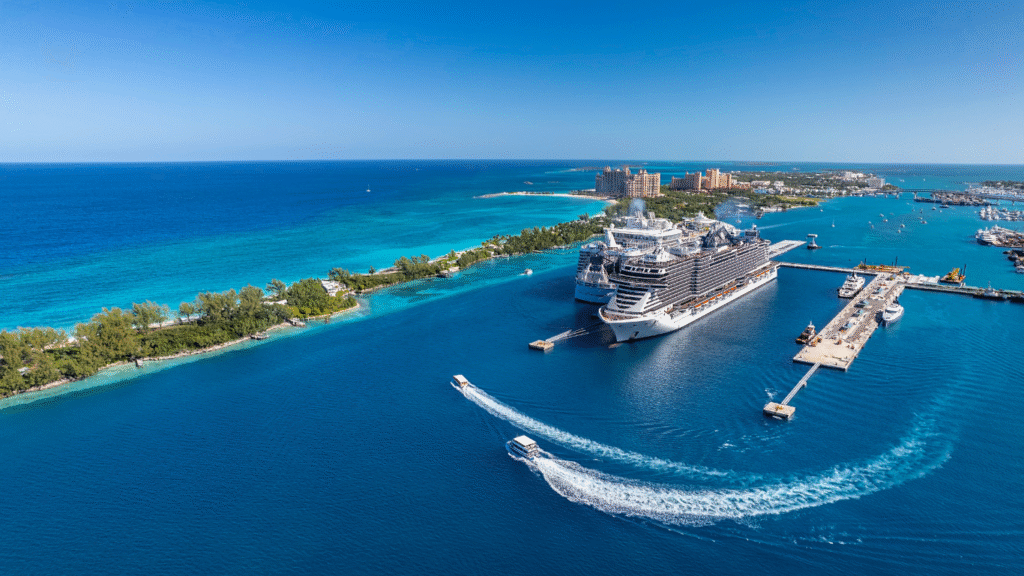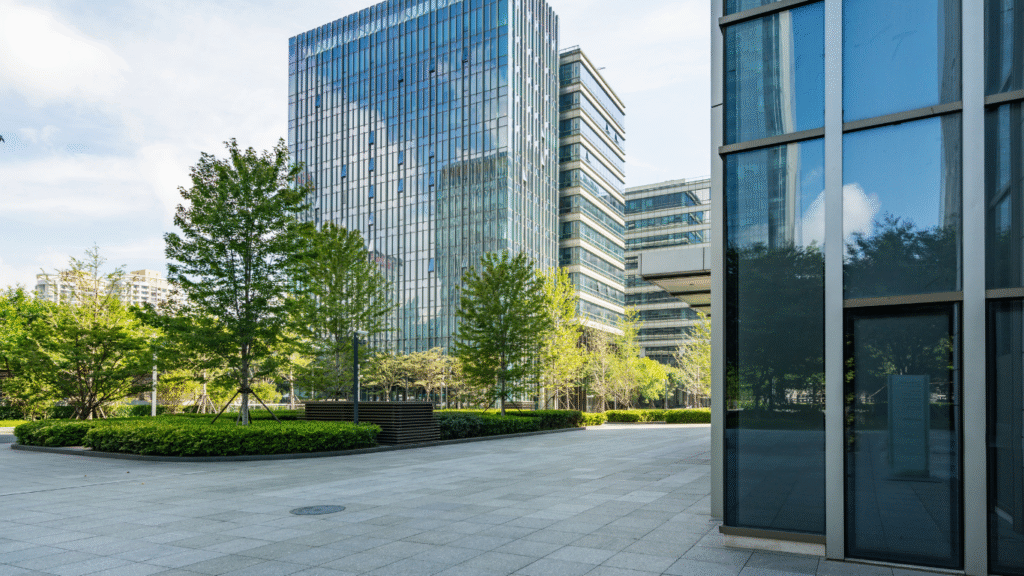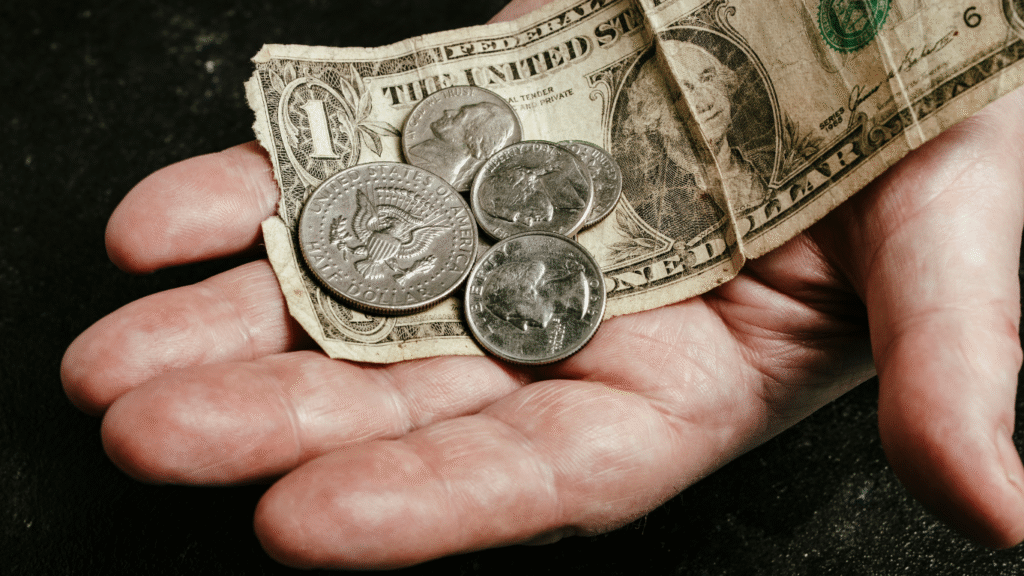When you think about artificial intelligence (AI), your mind probably jumps to Silicon Valley, China, or robots. But the real winner in the AI boom right now? A tiny Caribbean island with fewer than 16,000 people, Anguilla.
And it’s not because they’re building the next ChatGPT. It’s because they happen to own two very valuable letters: .ai

That’s the country’s domain code, and thanks to the AI boom, it’s become one of the most in-demand web addresses on the planet. Startups, investors, and tech giants all want to lock in their .ai domains. And every time someone does, Anguilla gets a cut.
The Numbers: A Revenue Stream Few Saw Coming
In 2023, Anguilla earned around US $32 million just from .ai domain sales. That’s more than 20% of the country’s total government revenue. Just from domain names. No big tech campuses. No code. Just two letters and a smart way of managing them.
And it’s not slowing down. This year, they’re projected to earn around US $38 million. Next year? Could hit $48 million. What’s wild is that these numbers might actually grow even more once renewal cycles kick in. A lot of companies are already paying to keep their .ai addresses. Some estimates say that could push monthly revenue from $3 million to $6 million.
For a small island like Anguilla, this income pathway is game-changing.
A Digital Economy Case Study
This means the Caribbean’s not just watching the tech wave pass by. Sometimes, we’re right in the middle of it, even when it doesn’t look like it. Anguilla didn’t need to reinvent itself to tap into the AI economy. They just leaned into what they already had. A domain name that, thanks to timing and tech trends, became digital real estate gold.
That’s the kind of story we don’t hear enough in the region. Too often, the Caribbean is seen as catching up, playing tech tag-along. But here’s proof we’re part of the future too. Just in our own way.
Other islands might not have a hot domain like .ai, but they’ve got other tools. Maybe it’s green energy potential, remote work talent or even financial innovation or cultural capital. The point is, the game’s wide open. Look around. What do you already have that the world is only now realizing it needs? Digital infrastructure? Clean energy? Culture? Talent?
We talk a lot about leapfrogging in development. Anguilla didn’t leap. It landed in the right place, at the right time, and now it’s banking global money off a local asset.
In Conclusion
Anguilla didn’t build the AI revolution. But they figured out how to benefit from it in a way that’s both surprising and strategic. The .ai boom is proof that global opportunities can show up in small, unexpected places. But moments like this don’t last forever.
That’s why what Anguilla does next matters even more than what it’s earned so far. Use the money wisely. Plan for the slowdown. Build something bigger than a trend. Because this isn’t just about cashing in. It’s about rewriting the narrative of what small Caribbean nations can do in a digital world. And if Anguilla plays this right, it won’t just be remembered for owning .ai it’ll be known for thinking ahead..



